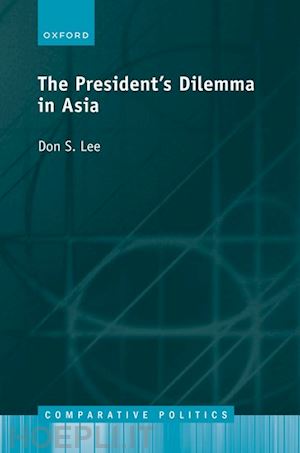The President's Dilemma in Asia provides one of the first comprehensive and comparative theory of presidential government formation. In the authoritarian era, presidents had greater control over key institutional actors in the process, such as the legislature, the ruling party, and the bureaucracy. However, after democratic transition, they have to navigate competing pressures from these political institutions. This book highlights the major trade-off that presidents of new democracies face in their relationship with the different political institutions, the so-called “president's dilemma,” and their strategy in dealing with the dilemma. Existing studies of presidential government formation in new democracies have largely overlooked the entirety of the structure of the political institutions surrounding the president and its impact on the president's government formation strategy. This book offers a view that government formation is a window to understanding how presidents weigh the benefits of appointing ministers representing different political institutions under a variety of given institutional circumstances. The question of which institution presidents attempt to accommodate through government formation is a high stakes one, and addressing it is important, because particular patterns of personnel distribution can influence the kind of policies political leaders adopt and the level of accountability and responsiveness to constituents these policies represent. Comparative Politics is a series for researchers, teachers, and students of political science that deals with contemporary government and politics. Global in scope, books in the series are characterized by a stress on comparative analysis and strong methodological rigour. The series is published in association with the European Consortium for Political Research. For more information visit: www.ecprnet.eu. The series is edited by Nicole Bolleyer, Chair of Comparative Political Science, Geschwister Scholl Institut, LMU Munich and Jonathan Slapin, Professor of Political Institutions and European Politics, Department of Political Science, University of Zurich.











